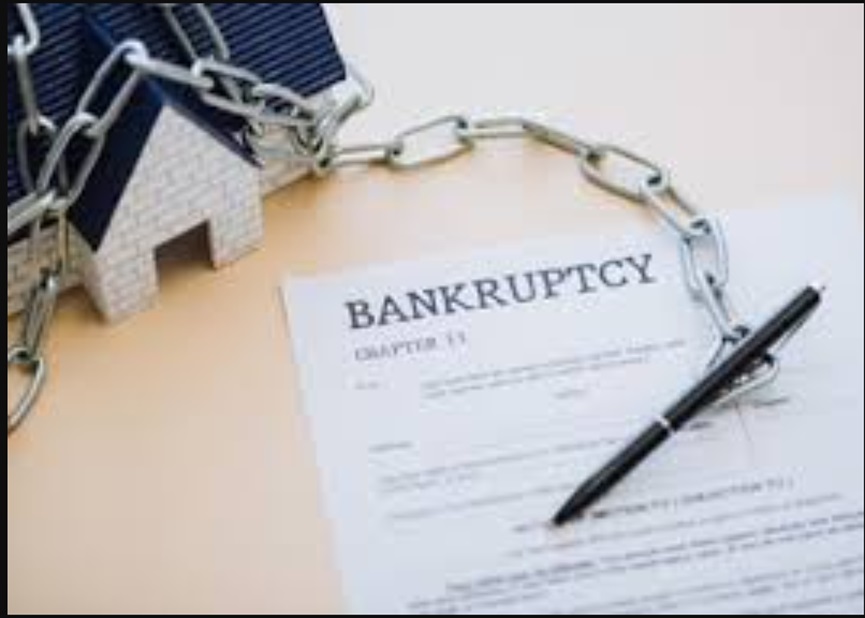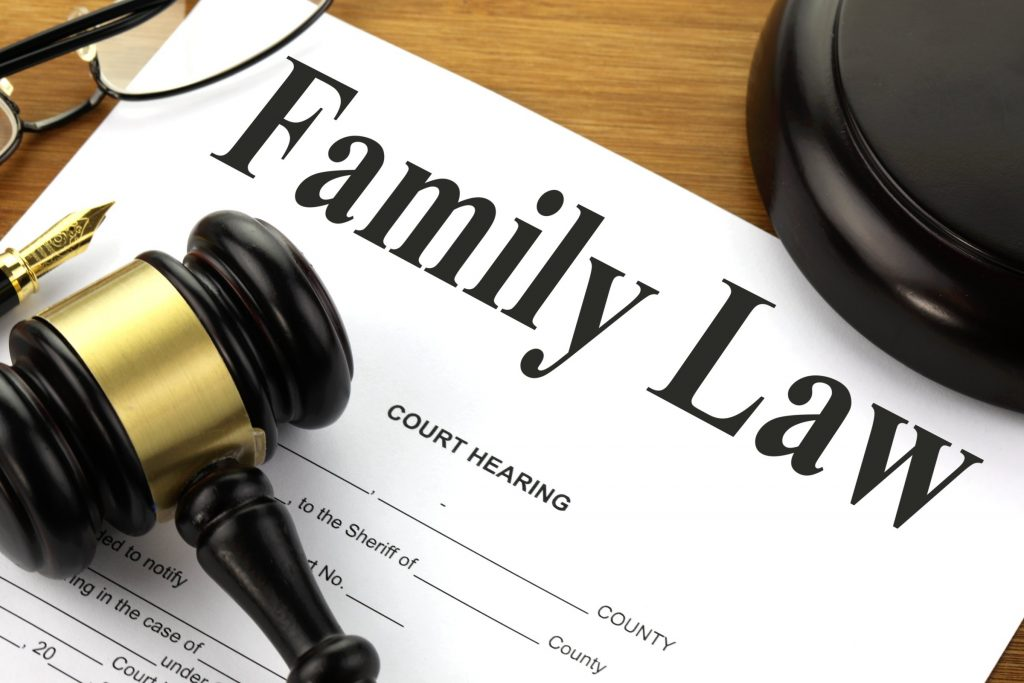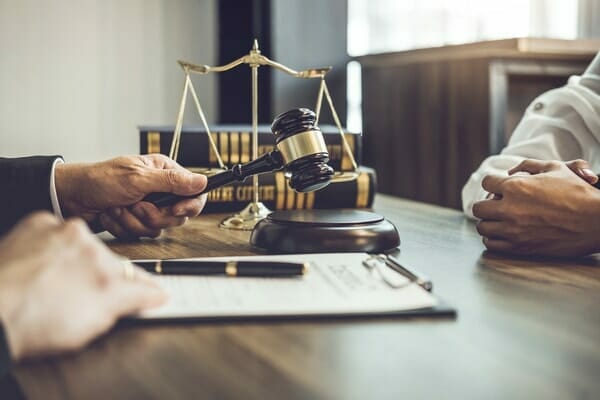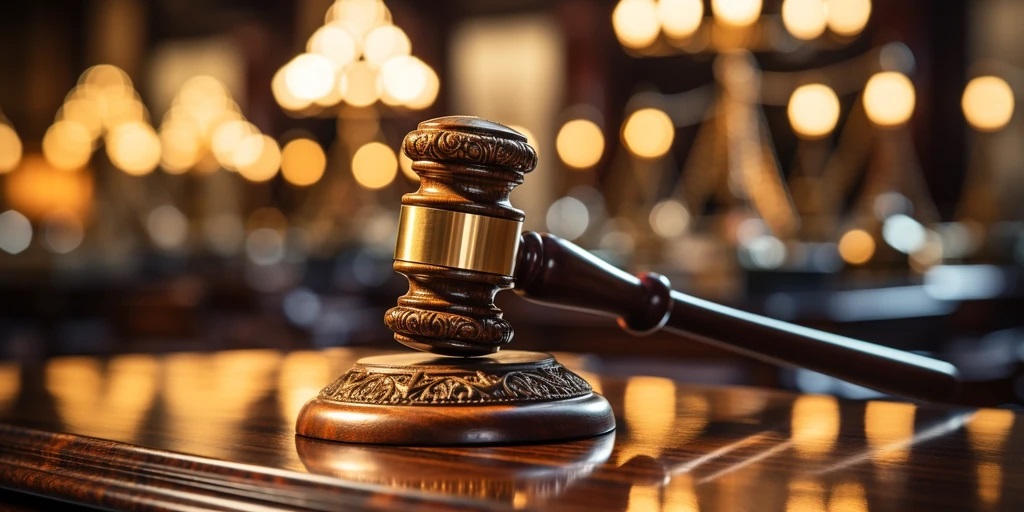Navigating bankruptcy can be challenging, but with the right Atlanta bankruptcy lawyer, the path becomes clearer and more manageable. An experienced bankruptcy attorney can provide invaluable guidance through the complexities of the legal process and help alleviate the stress of overwhelming debt. We understand the significance of finding a professional who is both knowledgeable and supportive during this difficult time.
We believe that personalized attention is critical when facing financial difficulties. Every client’s situation is unique, and a tailored approach is necessary for effective resolution. That’s why we recommend seeking a consultation with a qualified attorney to explore your options and create a plan that aligns with your specific needs.
Our team is dedicated to helping you regain financial stability and peace of mind. By partnering with a skilled Atlanta bankruptcy lawyer, you can make informed decisions that lead to a brighter financial future. Let’s work together to ensure you receive the support and representation you deserve.Learn more about skilled bankruptcy lawyer in Atlanta
Understanding Bankruptcy in Atlanta
In Atlanta, bankruptcy can provide a pathway to debt relief, offering protection from creditor actions while individuals or businesses reorganize their financial obligations. We explore various aspects crucial to those considering bankruptcy, such as types of bankruptcy filings, the legal process, and protections against creditor actions.
Types of Bankruptcy: Chapter 7 vs Chapter 13 vs Chapter 11
Bankruptcy primarily involves three chapters of the U.S. Bankruptcy Code: Chapter 7, Chapter 13, and Chapter 11. Chapter 7, often known as liquidation bankruptcy, allows for the sale of non-exempt assets to pay off unsecured debts. It’s a swift process that provides a fresh start for eligible individuals.
Chapter 13 is known as a reorganization bankruptcy. It permits individuals with a regular income to develop a repayment plan to address secured and unsecured debts over three to five years. This plan helps avoid foreclosures and repossessions. Chapter 11 is usually utilized by businesses to restructure debts and operations, but individuals with substantial debt may also file under this chapter. Each type offers different advantages based on specific financial situations.
The Bankruptcy Filings Process
Filing for bankruptcy in Atlanta involves several critical steps and documentation. Initially, we must compile complete financial records, including income, debts, and assets. Subsequent steps include attending credit counseling from an approved agency within the Northern District of Georgia.
Upon filing, an automatic stay is enacted, halting foreclosure, repossession, and creditor harassment immediately. A trustee is appointed to oversee the proceedings, ensuring adherence to the bankruptcy code. It’s essential to comply with all legal requirements and deadlines throughout the process. Effective communication with the trustee and attending the meeting of creditors can facilitate a more successful outcome.
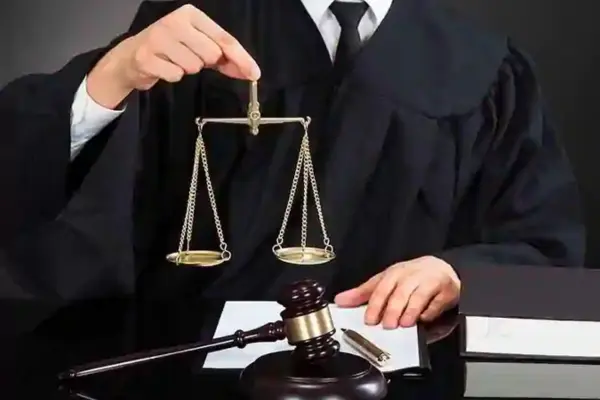
Impact of Bankruptcy on Foreclosure and Repossessions
Bankruptcy offers significant protections against foreclosure and repossession actions. Filing for Chapter 13 can halt home foreclosure, allowing homeowners to catch up on past-due payments over time. Chapter 7 may provide temporary relief, although it does not inherently protect secured assets from repossession.
By following a structured repayment or liquidation plan, individuals can maintain their homes or cars. It’s a strategic tool within consumer bankruptcy to stabilize one’s financial status and avert the loss of important property. Being well-prepared and informed on these impacts can greatly benefit those facing potential foreclosures or repossessions.
Legal Rights Against Creditor Harassment
Bankruptcy laws ensure that once we file a petition, an automatic stay protects us from creditor harassment, wage garnishments, and collection actions. Creditors are legally prohibited from contacting us directly to demand payment or initiate lawsuits. Violations of this by creditors can lead to penalties under the bankruptcy code.
Understanding these rights is crucial to maintaining peace of mind during a financial crisis. It’s vital we inform our creditors of our filing status and provide our case number promptly. In the event of continued harassment, legal actions can be taken to enforce our rights and ensure compliance by all creditors.
Selecting an Atlanta Bankruptcy Attorney
Choosing the right bankruptcy attorney in Atlanta is crucial for navigating the complexities of debt relief. We will explore key criteria for selecting a lawyer, the benefits of a free consultation, considerations for both businesses and individuals, and the vital role of a bankruptcy attorney.
Criteria for Choosing a Lawyer
Selecting a bankruptcy lawyer involves several important factors. Licensing and experience are critical, as our lawyer should be well-versed in local laws and regulations. Checking their practice areas ensures they have the right expertise, whether that’s supporting small business owners or providing personal debt relief solutions.
Reputation matters, too. Reviews and testimonials can provide insight into past client experiences and satisfaction. It’s also vital to find a lawyer with a reasonable fee structure that matches our financial capabilities. Firms like the Craig Black Law Firm and Saedi Law Group are noted for their professional service, offering both traditional and virtual consultations for accessibility.
Benefits of a Free Consultation
Many Atlanta bankruptcy attorneys offer a free consultation—a valuable opportunity for us. This initial meeting allows us to evaluate the lawyer’s communication style, expertise, and willingness to help. We can discuss our financial situation, legal requirements, and potential strategies without any commitment.
During this consultation, we should assess how comfortable and confident we feel with the attorney’s ability to handle our case. This interaction is an excellent chance to ask questions about their experience with cases similar to ours and to understand their approach to bankruptcy law.
Considerations for Businesses and Individuals
Different needs arise for businesses and individuals seeking bankruptcy protection. For small business owners, navigating corporate debts and real estate complexities is essential. They must find an attorney who understands the nuances of business bankruptcy procedures and asset management.
Individuals, on the other hand, may focus on managing personal debt relief and protecting family assets. Selecting an attorney who recognizes these distinct requirements ensures personalized legal solutions suited to our unique circumstances in Atlanta, GA.
The Role of the Bankruptcy Attorney
A bankruptcy attorney’s role extends beyond filing paperwork; they guide us through the legal process, representing our interests in court and negotiations. They provide tailored guidance on legal strategies such as debt settlement and restructuring options.
Effective attorneys help reduce the stress and overwhelm often associated with financial difficulties. Their expertise is crucial in advising us on complex decisions, ensuring compliance with legal standards, and helping us achieve the best possible outcomes in bankruptcy proceedings.

